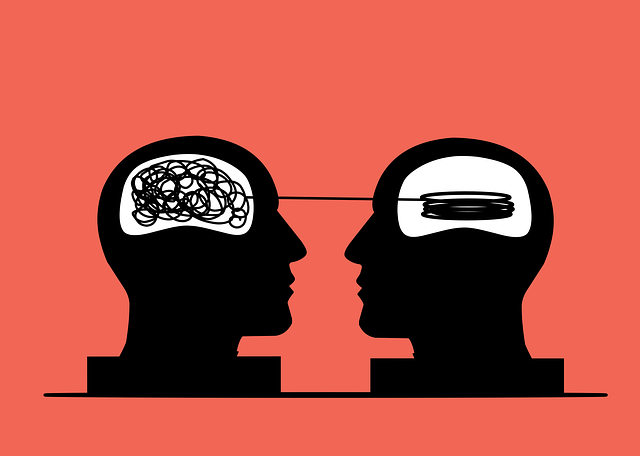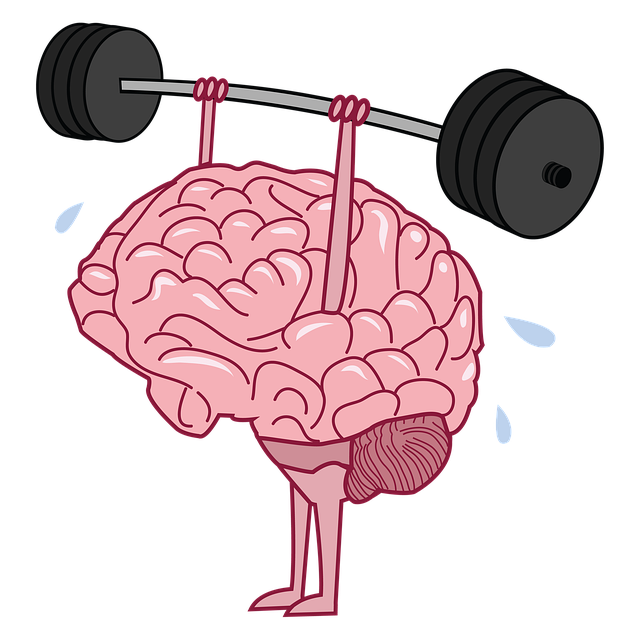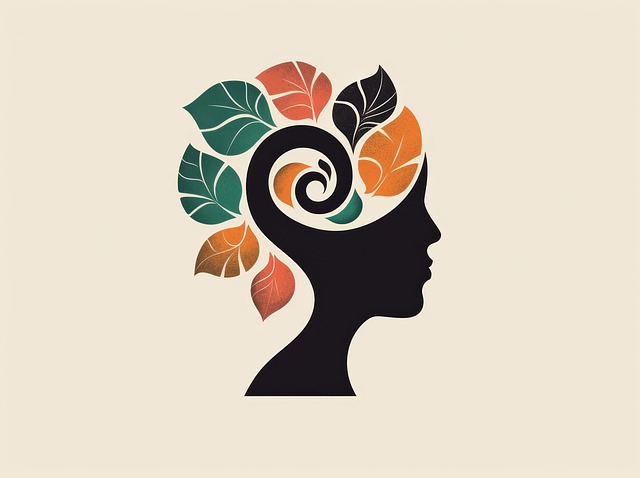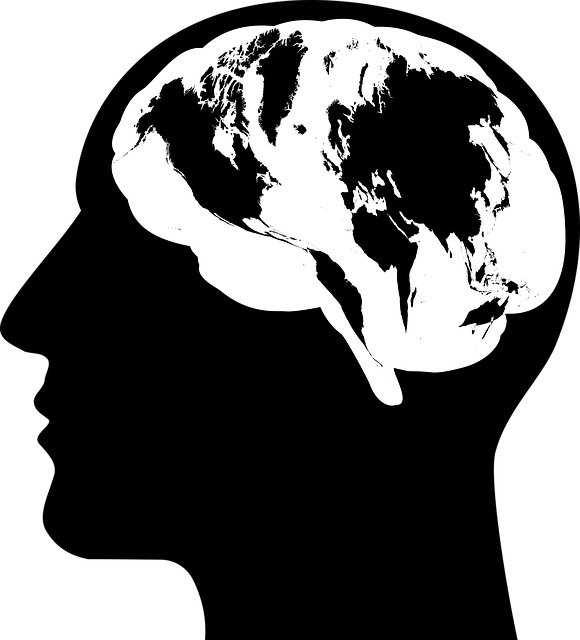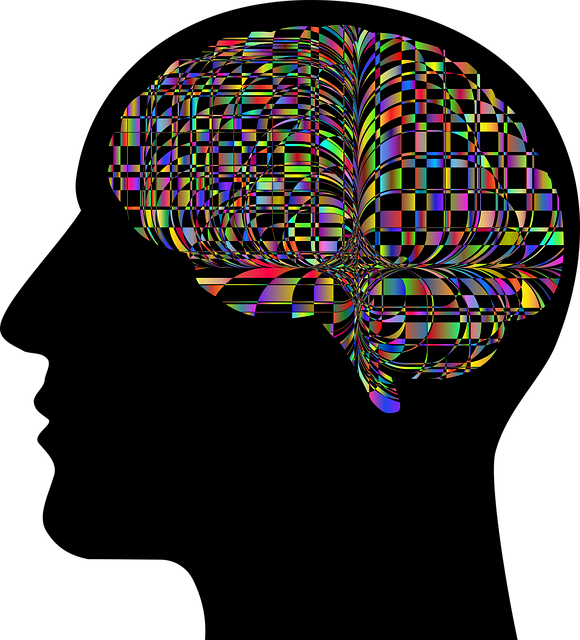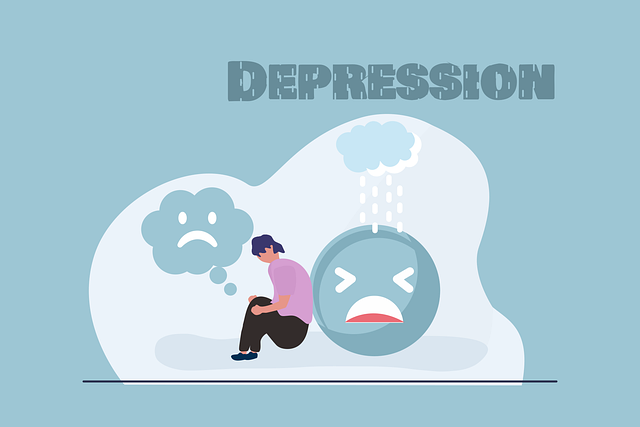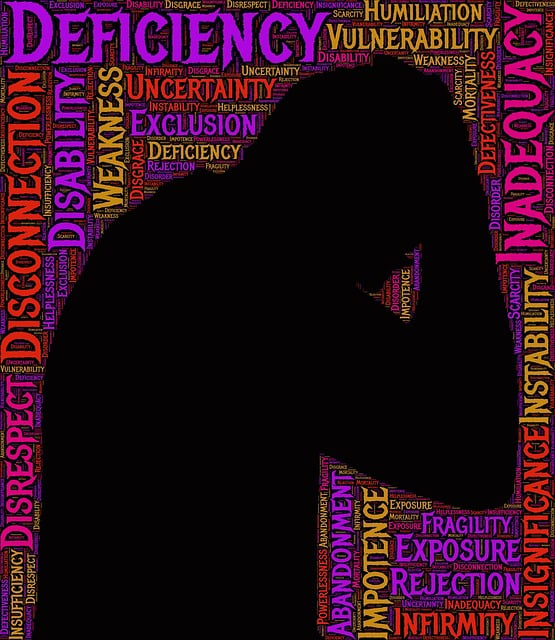Diagnosing mental illness in adolescents, especially Obsessive Compulsive Disorder (OCD), presents unique challenges due to brain development, self-recognition issues, and difficulty articulating feelings. Early identification is crucial as OCD can significantly impact daily functioning. Therapy, particularly Cognitive Behavioral Therapy (CBT), tailored to adolescent needs, empowers them with coping strategies. Integrating technology, such as online therapy platforms, enhances accessibility and accuracy in diagnoses. A holistic approach including public awareness campaigns, stress management techniques, and open dialogue fosters better understanding and treatment outcomes for OCD in adolescents.
Mental illness diagnosis accuracy is paramount, especially in adolescents, where early intervention can significantly impact outcomes. This article delves into the challenges unique to diagnosing mental health conditions in teens, focusing on obsessive-compulsive disorder (OCD). We explore the crucial role of therapy in enhancing diagnostic precision and review innovative assessment methods. Additionally, we propose a comprehensive strategy to support adolescent mental health, emphasizing the need for improved diagnosis and access to effective treatments, particularly for OCD in teenage populations.
- Understanding the Challenges of Mental Illness Diagnosis in Adolescents
- The Role of Therapy in Enhancing Diagnostic Accuracy for OCD in Teens
- Innovative Approaches to Improve Assessment and Diagnosis Methods
- Supporting Adolescent Mental Health: A Comprehensive Strategy
Understanding the Challenges of Mental Illness Diagnosis in Adolescents

Diagnosing mental illness in adolescents presents unique challenges due to several factors. Firstly, teenagers often struggle to articulate their feelings and experiences, making it difficult for healthcare professionals to assess symptoms accurately. Secondly, the brain continues to develop throughout adolescence, complicating the distinction between normal developmental changes and potential mental health disorders. This complexity is exacerbated by the fact that many adolescents may not recognize or acknowledge their struggles, hindering self-disclosure. As a result, early identification and intervention become crucial in effectively managing conditions like Obsessive Compulsive Disorder (OCD), which can significantly impact daily functioning and overall well-being.
The process of diagnosis is further complicated by the diverse presentation of mental health issues in teens. What may appear as typical adolescent rebellion or anxiety could be indicative of underlying disorders such as OCD, depression, or social anxiety. This requires therapists to employ tailored approaches, like cognitive-behavioral therapy for adolescents (CBT), which focuses on identifying and modifying negative thought patterns and behaviors. Encouraging self-care routine development for better mental health, including practices for anxiety relief and fostering positive thinking, can also be instrumental in accurate diagnosis and comprehensive treatment planning.
The Role of Therapy in Enhancing Diagnostic Accuracy for OCD in Teens

Therapy plays a pivotal role in enhancing the diagnostic accuracy for Obsessive Compulsive Disorder (OCD) in teens. Cognitive Behavioral Therapy (CBT), specifically designed to target OCD symptoms, has proven effective in identifying and managing the disorder early on. Through CBT, adolescents learn to recognize and challenge obsessive thoughts, reducing their impact and associated compulsions. This structured approach not only improves diagnostic clarity but also equips teens with coping mechanisms for better mental wellness.
The integration of therapy into the Mental Wellness Podcast Series Production can further elevate public awareness campaigns development. By sharing real-life stories and expert insights through podcasts, adolescents experiencing OCD symptoms can find validation and guidance. Additionally, crisis intervention guidance within these platforms enables immediate support, ensuring teens receive timely assistance during their journey towards diagnosis and recovery.
Innovative Approaches to Improve Assessment and Diagnosis Methods

In recent years, there has been a significant push to enhance the accuracy and effectiveness of mental illness diagnoses, especially for adolescent teens. Innovative approaches are emerging in the field, focusing on integrating cutting-edge technology with traditional assessment methods. For instance, digital platforms offering Therapy for Adolescent Teens with Obsessive Compulsive Disorder (OCD) are gaining traction. These online tools not only provide accessible therapy but also utilize data analytics to personalize treatment plans, ensuring a more precise and efficient diagnosis process.
The key lies in combining various strategies such as improved Stress Management techniques, fostering Mental Health Awareness among teens and their support systems, and implementing Communication Strategies that encourage open dialogue between patients, therapists, and parents. By leveraging these innovative tools and methods, mental health professionals can better understand complex conditions like OCD, leading to more accurate diagnoses and tailored treatment plans for adolescent teens.
Supporting Adolescent Mental Health: A Comprehensive Strategy

Supporting Adolescent Mental Health requires a multifaceted approach that goes beyond traditional diagnosis methods. One key strategy involves integrating therapy for adolescent teens tailored to specific conditions like Obsessive Compulsive Disorder (OCD). Early intervention is crucial, as it can prevent OCD from escalating and significantly impacting a teen’s daily life. By educating both teens and their families about mental health awareness, schools and communities can foster an environment where seeking help is normalized.
Public Awareness Campaigns Development should focus on breaking down stigma associated with mental illness. Promoting Mind Over Matter principles encourages resilience and coping strategies that empower adolescents to manage their symptoms effectively. This holistic approach ensures that teen mental health receives the attention it deserves, ultimately leading to more accurate diagnoses and improved treatment outcomes.
Mental illness diagnosis accuracy, particularly in adolescents, is a complex challenge that demands multifaceted approaches. By understanding the unique challenges faced by teens and implementing innovative assessment methods, we can significantly enhance diagnostic accuracy. Integrating comprehensive strategies that include therapy for adolescent teens with obsessive-compulsive disorder (OCD) is crucial in supporting their mental health. Continued efforts to refine diagnosis processes will ensure better outcomes for young individuals struggling with mental health issues.


